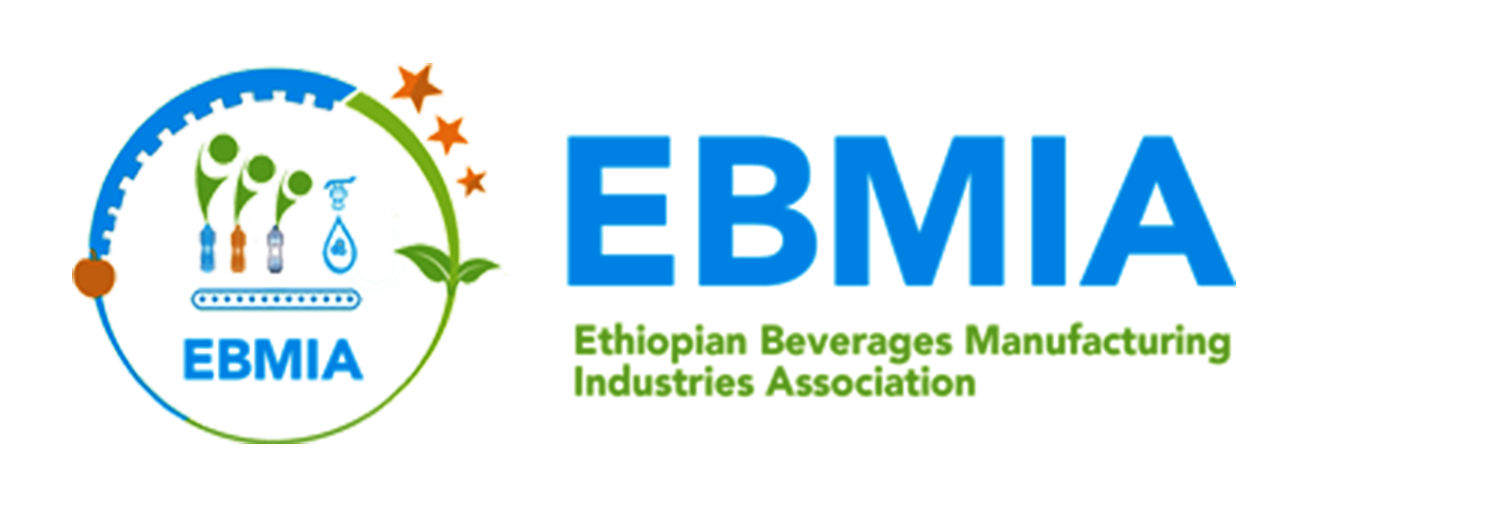Water and soft drink bottlers are complaining about the revised excise tax rate a topic that has fostered much discussion over the past couple of months.
The new way of calculating the tax is expected to be approved by parliament this week. When that happens, excise tax will be deducted from sales or revenue instead of from production as is currently the case.
Almost all bottlers are happy that tax will be calculated from sales because it is easier and pushes the tax to the users but they want the government to revise the rate. Currently the soft drink industry must pay 30 percent and water bottlers 20 percent for excise tax. Both bottlers say the rate is too high. The Ethiopian Bottled Water and Soft Drinks Manufacturing Industries Association (EBWSDMIA) told Capital that they want the revised rate on bottle water to be reduced to 15 percent and 25 percent for soft drinks.
Even though the percentage has decreased both will pay more taxes than before. This is based on studies that both the soft drink and water bottlers conducted showing that the new rate with affect each company and the collective sector by making them pay 50pct more tax than they currently do.
Ashenafi Merid, General Manager of EBWSDMIA, told Capital that a single water bottler’s excise tax payment is now 2 million birr it will climb to 3 million birr.
The difference is based on the new calculation which will come from sales and will not take into account expenses like depreciation and other costs including production.
“The current excise tax calculation based on production allows us to deduct the depreciation and other cost, but the new calculation will not consider that so the payment will increase,” he said. Two weeks ago the Ministry of Finance, who is responsible for drafting these kinds of laws invited bottlers to evaluate the draft rate and comeback with their feedback.
The water bottlers did so and said that for the tax shall be equivalent with the current 20 percent of production, the new rate has to shrink from 7 to 10 percent, according to Ashenafi. “If the draft proclamation is going to be effective the excise tax payment for the water industry will be very high,” Ashenafi added.
On the other hand the analysis that the Coca Cola bottler, East Africa Bottling, undertook and Capital obtained indicates that the new rate should be reduced to 14 percent to meet with the 30 percent of existing excise tax, while the draft document imposes 25 percent on the soft drinks.
The study documents that East Africa Bottling undertook stated that the excise tax is being rebased from cost of production to revenue which is welcomed as it will be easier to administer with a clear understanding by the tax payers.


